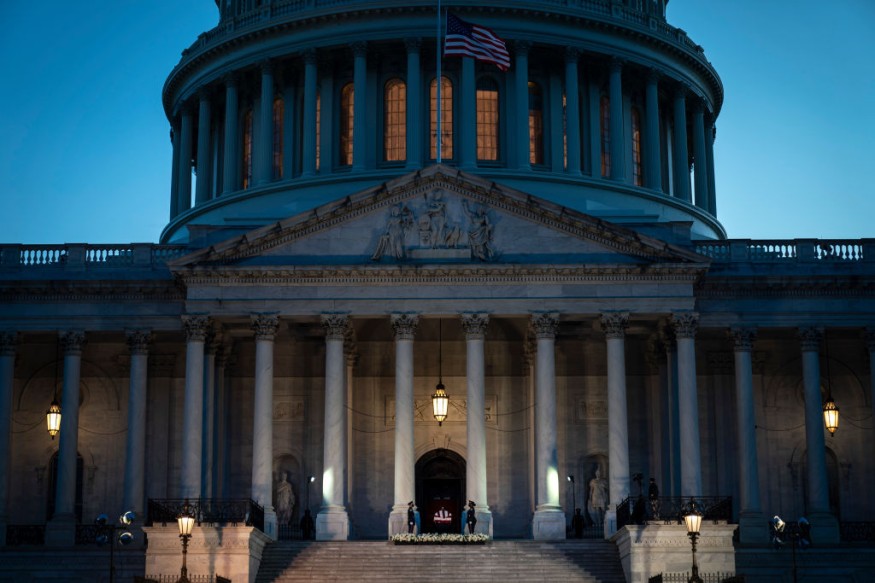Congress Sets to Return to Session Over Second Stimulus Check

Congress will return to session tomorrow to continue its talks over coronavirus relief bill.
The House of the Representatives is not set to return to session until Sept. 14, which is a week from today.
Congress and the House's stimulus talks ended in a stalemate when they both broke for their late summer recesses without reaching a deal on the next stimulus check.
The two parties have different stands about how much should be reallocated for the next stimulus check.
Democrats have proposed a package that costs over $3 trillion, although they are now open to reducing the amount by around $1 trillion.
Democrats have been urging for direct payouts of $1,200 per individual, with the total payments of as much as $6,000 per family.
Meanwhile, Republicans proposed up to $1,200 per individual, subject to annual income with an additional $500 per dependent.
Where They Left Off
Many are hoping that there would be a quick resolution on the next stimulus check during the last voting sessions.
Both Houses of Congress and both parties were vocal in supporting another round of stimulus relief.
They also agreed where support was needed the most.
Both parties and houses of Congress approved of another set of stimulus check, extended unemployment aid, and funding for small-business, among others.
However, both parties disagree on how much aid should be provided to different groups. For example, the Democrats prefer the extended unemployment aid to continue at the full $600 per week.
Meanwhile, Republicans believe that as an excessive amount that encourages some people to remain on unemployment benefits instead of looking for new employment.
The Republicans also reject providing extensive financial aid to state and local governments, saying that it would be bailout for some agencies that were already mismanaging their money.
House Speaker Nancy Pelosi and Treasury Secretary Steven Mnuchin informally agreed last week to avoid government shutdown by keeping a stopgap government funding bill free of controversial changes.
The congressional discussions could begin as soon as this week if Senate Republicans introduce around $500 billion to aid small businesses, schools and colleges, vaccines and contact tracing, the U.S. Postal Service and employer liability protection.
This aid funding will not include any state and local budget.
Senate Minority Leader Chuck Schumer said in a letter on Thursday that Senate Majority Leader Mitch McConnell (R-Ky.) won't get Democratic votes for that aid package.
"As we return to session in the Senate, Leader McConnell is planning another round of partisan games. In the upcoming session, Leader McConnell and the White House may cut their original, inadequate, $1 trillion 'skinny' bill in half," Schumer was quoted in a report.
Schumer was not part of the Pelosi-Mnuchin conversation.
Senate Republicans, however, are deeply divided on whether to spend any more money on COVID-19 aid, which makes it hard for them to push through their minimized aid bill.
"I don't know if there will be another package in the next few weeks or not," McConnell was quoted.
Check these out:
IRS to Resolve Stimulus Check Errors for Qualified Recipients
Are You in the First Line of Receiving the Second Stimulus Check?
$484 Billion: Congress Passes the Latest Coronavirus Relief Bill to Aid Businesses and Hospitals
Subscribe to Latin Post!
Sign up for our free newsletter for the Latest coverage!














